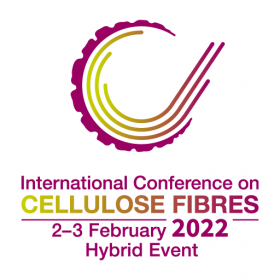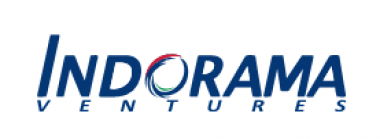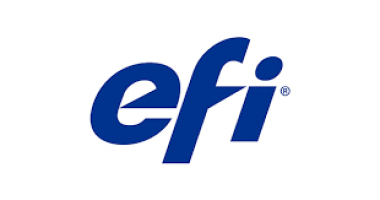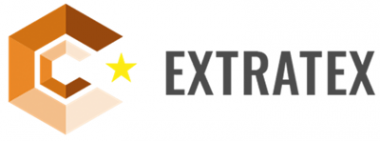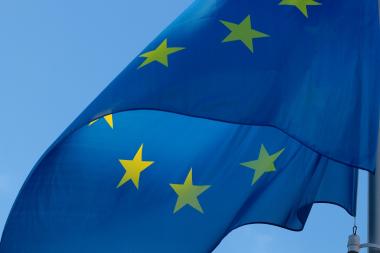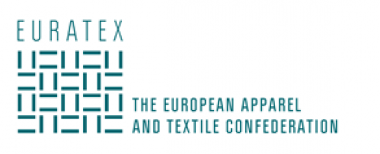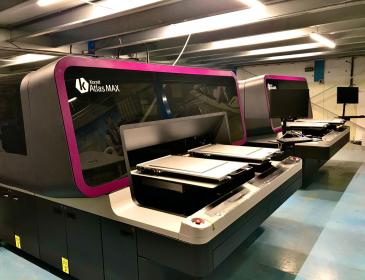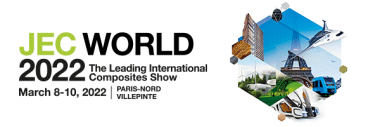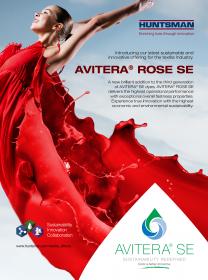International Conference on Cellulose Fibres 2022 presents final program
The final program will provide valuable information on the various use-opportunities for cellulosic fibres through a policy overview, a special session on sustainability, recycling and alternative feedstocks, as well as the latest developments in pulp, cellulosic fibres and yarns. In addition, examples of non-wovens, packaging and composites will offer a look beyond the horizon of conventional application fields.
You can expect to see the “Top 6” candidates of the “Cellulose Fibre Innovation of the Year 2022” in Cologne. For the second time, the innovation award will be granted to the innovative cellulose fibre industry for developing new technologies and applications. All producers and inventors along the entire value chain from feedstock to the final product are invited to join the competition. The Cellulose Fibre Innovation of the Year 2022 Award will be voted for by conference delegates as well as online participants on the afternoon of 2 February.
The internationality of this Cellulose Fibres gathering is reflected in its colourful line-up of international speakers. 42 speakers from 12 countries will demonstrate the differences in regional development paths and their transferability to other areas.
You can view the final program here.
International Conference on Cellulose Fibres fibres Fibers Sustainability Recycling
nova-Institut GmbH


